New Empathy Education Program Teaches Kids About Veganism
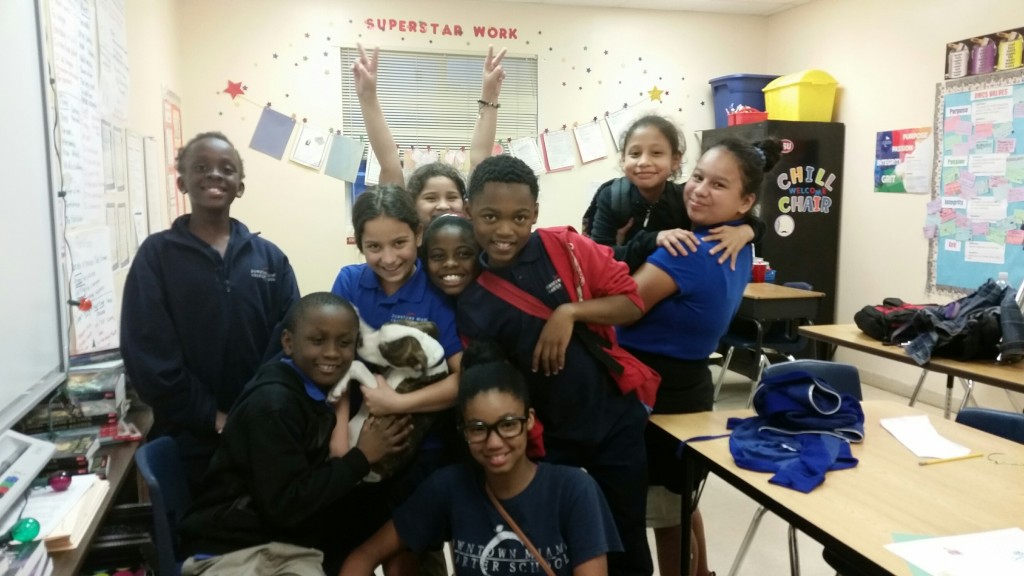 As most vegans are well aware, empathy is everything. It’s the foundation for how we treat our planet, how we interact with our fellow humans — and how we engage with the animals that share this world.
As most vegans are well aware, empathy is everything. It’s the foundation for how we treat our planet, how we interact with our fellow humans — and how we engage with the animals that share this world.
The importance of empathy cannot be overstated. Researchers have found that empathy skills lead to a reduction in racism and bullying, better work environments, improved health care, and a laundry list of other positive outcomes.
Magaly Madrid is the founder of the Empathy Project, an organization which helps to foster this crucially important trait. As part of her efforts, she’s created Everyday Humane, a program which — among other things — improves children’s empathy skills by teaching them about the experiences of animals. In her words, the effort “provides tools and information to inspire you to align your values with your everyday choices and co-create a world of compassion and kindness for all living beings.”
After traveling overseas — particularly through South America, Madrid has some heartbreaking experiences. “I saw the need for humane education and inspiring people into compassionate living,” she explains. From there, Everyday Humane was born.
The program covers many topics and issues, from the plight of circus animals to ethical consumerism to plant-based eating. Veganism is the philosophy behind the curriculum, though for anyone concerned about “indoctrination” — there is none, Madrid says. “I’m inviting them to this new possibility,” she says. “I’m not forcing them to make any type of changes in their lives. I’m just providing those tools and opening their hearts and they can make the choices themselves.”
She’s currently working with three schools in South Florida, and hopes to expand the program. While other groups may do humane education, there are none with curriculums as comprehensive as hers, Madrid says.
As far as food, Madrid introduces children to the world of farmed animals, and teaches them about tasty, plant-based foods (and how their production involves no animals at all).
In the future, she hopes to start teaching low-income families and the homeless about vegan food. “I’d love to be able to provide soup kitchens some vegan options, and to set up some tables at homeless shelters or do some outreach at community events,” she says.
You can learn more about Magaly’s program at EverydayHumane.org.
Follow Latest Vegan News on Facebook, on Twitter @LatestVeganNews, and Google+ , and sign up to receive our daily headlines in your inbox here.

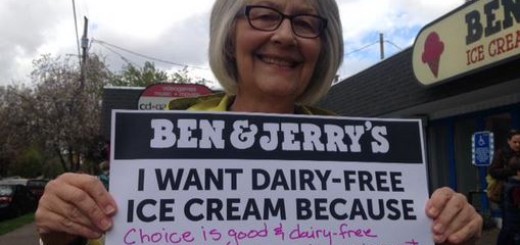



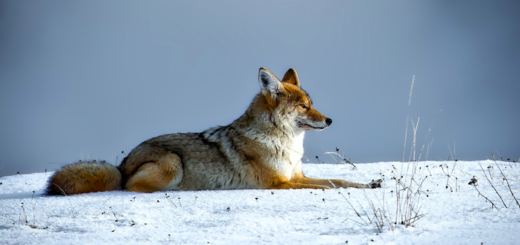

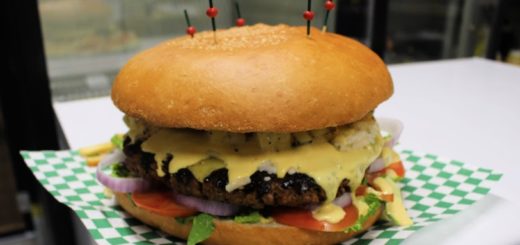
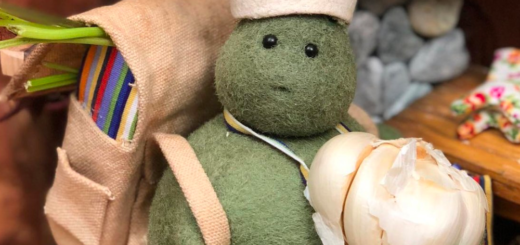
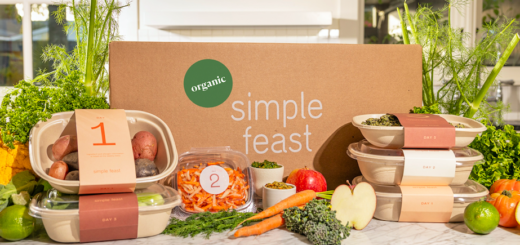


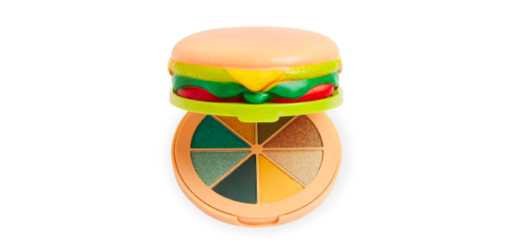

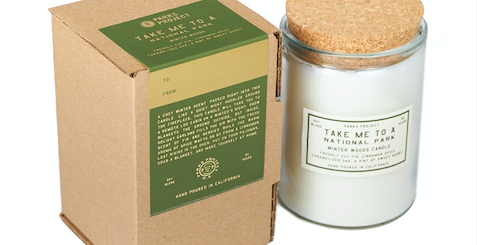

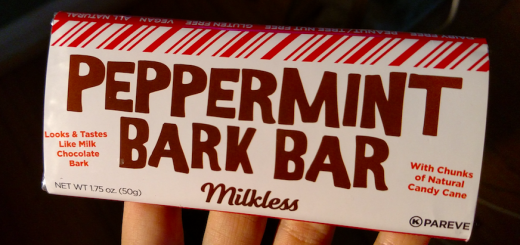
We must save the planet, the animals and ourselves! For it to succeed we must be vegan! I am!
Thank you for being so caring Ana and being a part of our compassionate community 🙂
Why low income schools? Low- income people are the product of such little empathy. I could love to see well- off communities learning these values and using them to be more understanding of low-income and people of color.
Danielle, I am sure your comment was well intended, so I do not mean at all to sound argumentative but this is not the case what so ever. A lack of funds does not make a person less caring or less empathetic possibly the opposite. A lesbian friend once told me, vegetarianism and animal rights is more common in our community because we have struggled so we are more open to compassion. Educating about veganism to low-income students is a brilliant idea! These people should have access to a healthier lifestyle and they may be less likely to encounter such people in their own community due to the unfortunately common lack of opportunities in low income society. Young children are far more openminded and compassionate than adults and they are the future of our planet. To deny kindness, compassion and empathetic education to students due to race or economics is prejudice, judgmental and uncompassionate in its self.
I live in a middle class community near by to low income and very high income communities. The wealthier community has healthy markets with vegan food readily available, This is a affluent & prestigious college town; the majority of the citizens have knowledge of the torture and extreme inhumanity that factory farming is yet the majority of these people consume dead animals anyway. Why should we feel that high income people make kinder or wiser choices? Personally, I have faith that persons who struggle care on a deeper level to make wiser and more compassionate choices; ideally society would provide easier access to healthier and more compassionate food for the animals of course but for these people who struggle with juvinele diabetes and obesity mainly to a lack of healthy food options.
Magaly Madrid, you are a kind and progressive genius with great compassion; your actions and compassion will save countless animals from torture and better the lives of so many children and their families. This gesture you creating will improve open the hearts and minds of young children so they can open societies hearts and minds; now their community and eventual those surrounding it will evolve. You have begun the most beautiful chain reaction to spare animals from torture and better our society. As my great friend Sue would save when I help homeless cats, “You are doing God’s work!”
hello. I work in education (an MA Education programme leader at UCL. do you know of any similar initiatives in English schools?